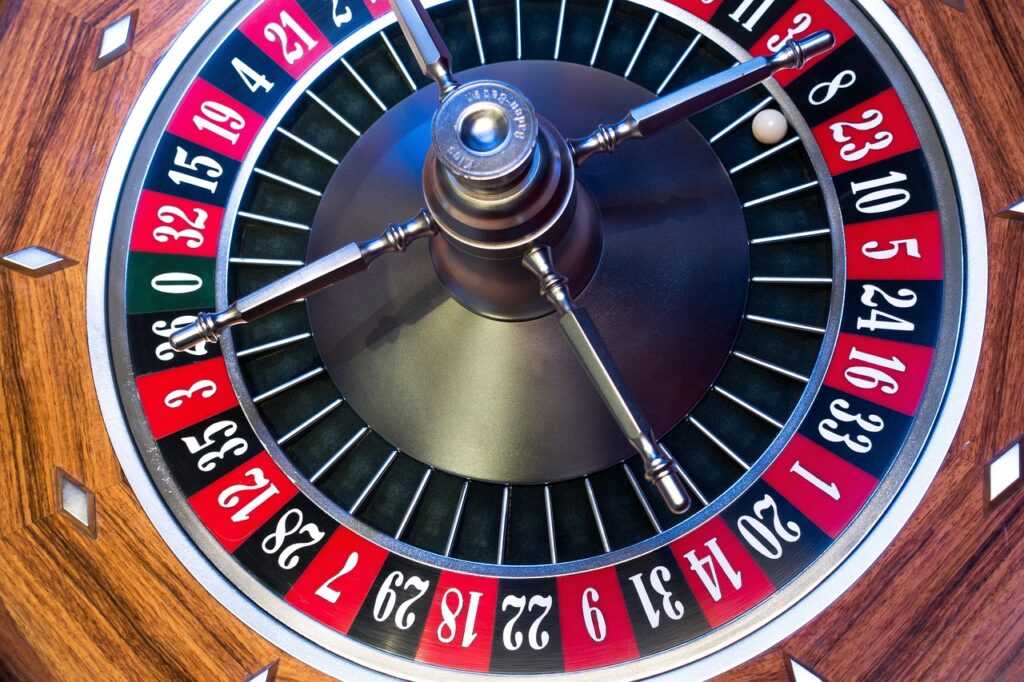Understanding Table Games
Exploring the realm of table games offers a fascinating journey into strategic decision-making. Key games like blackjack and poker rely heavily on skill and tactics rather than mere luck.
Overview of Popular Table Games
Identifying popular table games helps in mastering strategic approaches. Blackjack involves trying to beat the dealer by reaching a hand total closest to 21 without surpassing it. Poker, a game of skill and psychology, encompasses several variants including Texas Hold’em and Omaha. Baccarat offers a simple choice between player and banker bets, focusing on chance. Craps relies on dice rolls with different betting options based on probabilities. Each game’s dynamics require a distinct set of strategies.
Importance of Strategy
- Developing strategies in table games significantly enhances success rates.
- In blackjack, effective strategies revolve around card counting, determining when to hit or stand, and managing bets.
- Poker strategy involves understanding pot odds, reading opponents, and knowing when to bluff.
- Baccarat focuses on identifying patterns and betting on streaks.
- Craps demands recognizing the best bets and knowing when to capitalize on roles.
- Strategic planning directly impacts how players navigate these games, aiming to maximize winnings.
Blackjack Strategies
In blackjack, employing effective strategies can significantly improve my chances of winning. Understanding the core principles and techniques helps in making more informed decisions during the game.
Basic Strategy Principles
Basic strategy is the foundation of winning in blackjack, guiding me on when to hit, stand, double down, or split pairs based on my hand and the dealer’s upcard. I rely on charts or tables developed through statistical analysis to minimize the house edge. For example, hitting on a 12 against a dealer’s 2 or 3 might seem counterintuitive, but it’s a statistically sound move.
Card Counting Techniques
Card counting in blackjack gives me a slight edge by keeping track of high and low cards dealt. The Hi-Lo system is popular, assigning values to cards: +1 for 2-6, 0 for 7-9, and -1 for 10-Ace. I adjust my bets based on the running count, betting higher when the count is favorable. Many casinos counter this with multiple decks or frequent shuffling.
Bankroll Management in Blackjack
Proper bankroll management is crucial in blackjack to prolong my play and endure losses. I set limits on how much I’m willing to risk in a session and consistently bet a small percentage of my total bankroll. This discipline aids in avoiding impulsive decisions and helps preserve funds for future games.
Poker Strategies
Poker demands a mix of skill, psychology, and keen observation. Adopting effective strategies can significantly enhance your chances of securing a win.
Understanding Poker Hands

Recognizing the value of poker hands is crucial. The hierarchy starts with:
- Royal Flush as the highest hand
- Straight Flush
- Four of a Kind
- Full House
- Three of a Kind
- Two Pair
- Pair
- High Card rank lower
Knowing these hands’ values helps make strategic decisions, especially during betting rounds.
Bluffing and Betting Strategies
Bluffing is a core component of poker strategy. It involves leading opponents to believe you have a stronger hand than you do. Timing and context determine a successful bluff—effective against observant players. Betting strategies, like value betting when you hold a strong hand, maximize winnings. Mixing bet sizes keeps opponents guessing and prevents predictability.
Reading Opponents
Reading opponents requires observing their betting patterns and physical cues. Spotting tells, like hesitations or changes in behavior, provides insight into their hand strength. A player who suddenly bets aggressively may hold a strong hand, or they’re bluffing. Analyzing these signs helps adjust your strategy, whether it’s folding, calling, or raising, to gain an advantage over less perceptive players.
Effective Strategies for Other Table Games
Players keen to expand their table game skills can benefit from tailored strategies for various popular games. These tips and tactics focus on optimizing decisions and enhancing winning opportunities.
Roulette Tips
When playing roulette, focusing on outside bets boosts potential results, as these offer better odds despite lower payouts. Incorporating even-money bets like red/black or odd/even improves winning probabilities. Tracking wheel sections and dealers’ tendencies can uncover patterns over time.
Baccarat Winning Tactics
Baccarat enthusiasts find success in consistently betting on the banker’s hand, given its slightly lower house edge compared to the player’s. Monitoring streaks and avoiding tie bets, which carry a significant house edge, enhances outcomes. Practicing disciplined bankroll management and setting loss limits fosters a sustainable approach.
Strategies for Craps
Effective craps play involves understanding and leveraging odds bets, which carry zero house edge. Starting with pass line or come bets establishes groundwork for layering odds bets. Observing shooter behaviors, utilizing odds wisely, and focusing on bets with favorable probabilities like bets on 6 or 8 can lead to sustained success.
Tips for Success Across All Table Games
For those seeking success at table games, mastering a few universal strategies can significantly enhance outcomes. While each game has unique nuances, the following tips apply regardless of the table you choose.
Managing Emotions
Maintaining composure is crucial. Emotional decisions often lead to mistakes that cost dearly. Stay calm and think clearly to make rational decisions. For instance, in blackjack, this means sticking to your strategy even during losing streaks. In poker, it prevents overreacting to bad beats, keeping one focused on long-term success.
Setting Limits
Establishing boundaries protects against significant losses. Before sitting at the table, define a specific bankroll and adhere to it. This control keeps me from chasing losses and ensures sustainability in gameplay. For example, a $100 limit might be set per session, maximizing enjoyment while minimizing risk.
Knowing When to Walk Away
Recognizing the right moment to leave enhances long-term success. Continuing play when fatigued or frustrated can lead to poor decision-making. Establish predetermined cues indicating it’s time to exit. For instance, walking away after losing a set percentage of the bankroll helps maintain discipline and preserve winnings for future sessions.



 Community Engagement Manager
Raymundo Stricklandics serves as the Community Engagement Manager for Dice Gamblers Deal, where he is dedicated to creating meaningful connections with the platform’s audience. His role focuses on fostering an active, engaged community of players by interacting with readers, answering their questions, and ensuring their experience with the site is both enjoyable and informative. Raymundo is deeply passionate about building relationships with fellow gambling enthusiasts, whether through social media, email communications, or direct interaction on the site’s forums. He works tirelessly to ensure that the platform not only provides valuable information but also offers a supportive space where players can share their experiences, tips, and success stories. Raymundo also plays a key role in customer support, addressing user inquiries and providing personalized advice to help players navigate the world of table games and betting strategies.
Community Engagement Manager
Raymundo Stricklandics serves as the Community Engagement Manager for Dice Gamblers Deal, where he is dedicated to creating meaningful connections with the platform’s audience. His role focuses on fostering an active, engaged community of players by interacting with readers, answering their questions, and ensuring their experience with the site is both enjoyable and informative. Raymundo is deeply passionate about building relationships with fellow gambling enthusiasts, whether through social media, email communications, or direct interaction on the site’s forums. He works tirelessly to ensure that the platform not only provides valuable information but also offers a supportive space where players can share their experiences, tips, and success stories. Raymundo also plays a key role in customer support, addressing user inquiries and providing personalized advice to help players navigate the world of table games and betting strategies.
